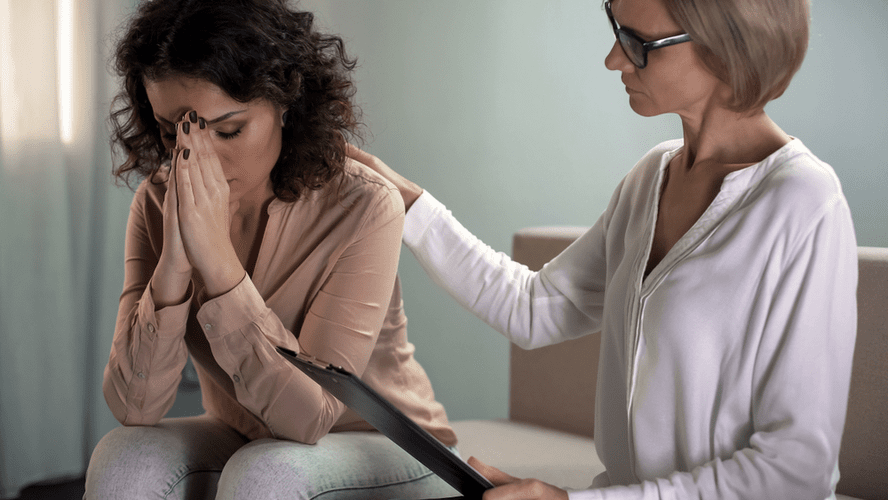Content
In diabetics, it can also cause a dangerous decrease in blood sugar. In the early stages of type 2, the body is still able to produce insulin but is resistant to its effects. This is known as insulin resistance and can cause blood sugar levels to become abnormally high (hyperglycemia). The effects of alcohol on blood sugar, for instance, can vary depending on the amount of alcohol consumed. Drinking a small amount of alcohol can cause blood sugar levels to rise. This is especially true with carbohydrate-heavy drinks like beer and sweet wine.
- Typically, these can be divided into short-term and long-term effects.
- People with T1D who misuse alcohol run the risk of experiencing either severe high or low blood sugar, which can both be quite dangerous.
- Other increased risks for women include menstruation problems such as absent menstrual periods and abnormal uterine bleeding.
- They underwent structured psychiatric telephone interviews from February 1996
through September 2000.
It takes fewer drinks to become intoxicated, and older organs can be damaged by smaller amounts of alcohol than those of younger people. Alcohol can worsen many conditions common in older populations (diabetes, memory loss, osteoporosis, and high blood pressure). Also, many of the medications prescribed for older people interact adversely with alcohol.
Skin, Muscle, and Bone Disorders
If it is not treated, a diabetic coma can lead to permanent brain damage and death. The risk was the same even if they were otherwise moderate drinkers, which is about a pint of beer or glass of wine per day. People with T1D who misuse alcohol run the risk of experiencing either severe high or low blood sugar, which can both be quite dangerous. She notes that any alcohol consumption with type 1 diabetes (T1D) comes with an extra dose of danger, especially when consumed in large amounts.
There is a better chance for maintenance of abstinence when strong family support is present. It is important to take the pill form of naltrexone (Revia, generic) on a daily basis. Because many people have difficulty sticking to this daily regimen, a monthly injection of vivitrol is another option. People should monitor the injection site for pain, swelling, tenderness, bruising, or redness and contact their doctors if these symptoms do not improve within 2 weeks.
Alcohol: Underage Drinking
Drinking too much alcohol can cause diabetes by causing chronic inflammation of the pancreas (pancreatitis), impairing its ability to release insulin. Diabetes and alcohol use may also co-occur because alcohol is “empty calories,” meaning it has no nutritional value. Consuming alcohol can contribute to unhealthy eating patterns, weight gain, and obesity, which is a major risk factor for diabetes. Alcohol can also interfere with the body’s sensitivity to insulin, which can affect the onset of type 2 diabetes. The pancreas, which is located behind the stomach, serves two functions. The first function, which involves most of the pancreatic cells, is the production of digestive enzymes.
Why some people don t get drunk?
All sorts of factors will affect your experience of being intoxicated: your drinking environment, your weight, your body fat distribution, your health, your mood, whether you're alone or with friends, whether you've eaten, how fast you drink, and even whether you expect to get drunk.
According to surveys, by age 18, about 60% teens have had at least one drink. Anyone who begins drinking in adolescence is at risk for developing AUD. The earlier in life a person begins drinking, the greater the risk.
What Are Some Different Blackout Causes?
It is important to always check the food label for the nutritional content, including sugar levels. Aside from avoiding alcohol, there are some home remedies that you can do to help lower your blood sugar levels. This includes what not to eat, what you can do, and what you can eat. When you drink, your liver is less effective at removing triglycerides from the bloodstream. If you have diabetes and high triglycerides, talk to your doctor about the best way to lower them. The general rule of thumb for moderate drinking is one drink per day for women and no more than two drinks for men.

The first thing you need to know is that it’s not one size fits all when it comes to drinking while living with diabetes. While alcohol can cause changes to your blood sugar, it doesn’t mean that you can’t indulge once in a while. However, always check with your doctor before doing so as individual circumstances can vary drastically and your diabetes may require more stringent management. If you do sober house decide to drink, make sure that you know how alcohol affects diabetes and be prepared for anything that could happen as a result. The liver plays a crucial role in both detoxifying the blood of alcohol and maintaining blood sugar levels. However, it struggles to perform both processes simultaneously and prioritizes alcohol metabolism over blood sugar maintenance, which can lead to hypoglycemia.
Leave a Reply